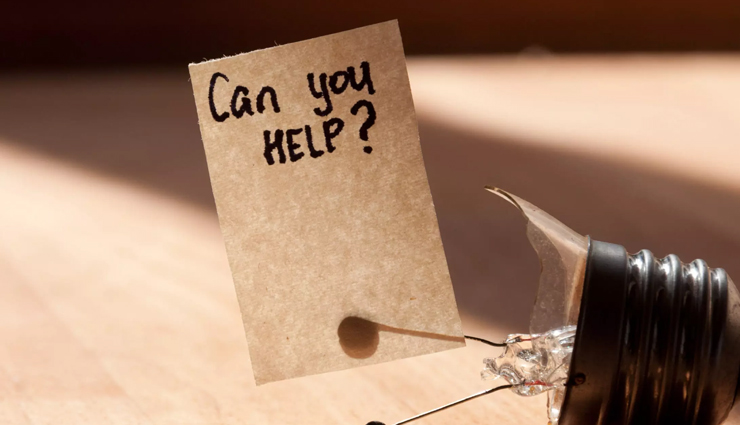- Home›
- Healthy Living›
- 10 Effective Ways To Help You Reduce Stress
10 Effective Ways To Help You Reduce Stress
By: Shikha Mon, 13 Feb 2023 10:17:07

Life can be stressful at times. And it’s not just the big things that can cause stress. Life’s everyday hassles, demands, and pressures can cause stress too.
When you’re stressed, your body responds by making hormones that provide extra energy, focus, and strength. This is called the fight-or-flight response.
At times, a small surge of stress can be a positive thing. It can help you do well under pressure, be on time, or meet a deadline. It can alert you to a problem you need to handle. It can motivate you toward your goals. It can push you to study, plan, and prepare.
But too much stress or stress you can’t manage keeps you from doing and feeling your best. It can wear you down, drain your energy, and make it harder to get things done. Too much stress can lead you to feel cranky, annoyed, or scattered.
You can’t avoid stress. But you can make it a goal to keep everyday stress at low levels. When you stress less over everyday stuff, you’re better able to handle bigger challenges you might face.
If you want to get better at managing everyday stress, here are ten things that can help you:

Balance work and play
Make time to work on your tasks and goals (like schoolwork, chores, or practice). But be sure to make time for things you enjoy, too (like playing music, working out, playing with a pet, or spending time with friends). Even if it’s only a few minutes, daily time to relax and recharge lowers your stress.

Plan your day
Use a calendar or planning app to keep track of your daily schedule. Fill in your class times, tests, and when assignments are due. Add your activities. Block in times to study for tests and work on assignments. Block in times to do things you enjoy. Having a plan and a daily routine lowers stress.

Stick to your plan
Of course, planning is no good if you don't do what you plan. Make it a routine to look at your planner every day. Check off what you’ve done. Get ready for what’s coming up. Make a routine time to study. Keep on top of assignments. This lowers daily schoolwork stress.

Ask for help when you need it
Schoolwork, grades, and tests are a big source of stress for many people. Keeping on top of it all isn’t always easy. If you need help preparing for tests, planning projects, or getting things done, ask a teacher, parent, tutor, or mentor to coach you. If you tend to procrastinate, pair up with a classmate to study or do homework at a set time.

Use the positive energy of stress
Don’t put things off until the last minute. That’s too stressful. And it’s hard to do your best if you’re in a rush. Instead, let stress motivate you to get moving on a task. If you have a deadline, give yourself a positive mental push. Think, "OK, I’ve got this — I'm on it." Then go ahead and get started.

Deal with problems as they come up
Don’t ignore everyday problems — but don’t stress out about them either. Instead, figure out how to handle them. If you’re not sure what to do, ask for help and advice from others.

Eat good foods
A balanced diet can support a healthy immune system and the repair of damaged cells. It provides the extra energy needed to cope with stressful events. Early research suggests that certain foods like polyunsaturated fats including omega-3 fats and vegetables may help to regulate cortisol levels.

Get enough sleep
After a long day of school and activities, you might feel like staying up late. Maybe you’ve still got homework to finish. Or you want time to talk to friends or binge-watch that show you like. But going to bed late doesn’t leave enough time for sleep when you need to get up early for school. Without enough sleep, you’re more likely to feel stressed over the day’s ups and downs.

Exercise every day
Regular exercise can increase self-confidence, improve your mood, help you relax, and lower symptoms of mild depression and anxiety. Exercise can also improve your sleep, which is often disrupted by stress, depression and anxiety. 53% percent of adults say they feel good about themselves after exercising, 35 percent say it puts them in a good mood and 30 percent say they feel less stressed.

Breathe deeply
When you feel stressed or overwhelmed, take some deep, slow belly breaths. Belly breathing is quick and sure way to turn off your body’s fight-or-flight (stress) response. Practice belly breathing or mindful breathing every day to help you lower everyday stress.





